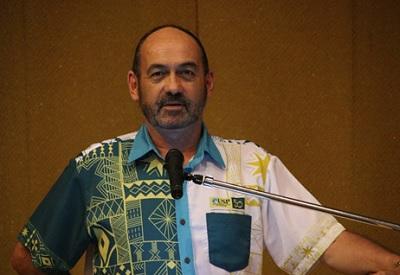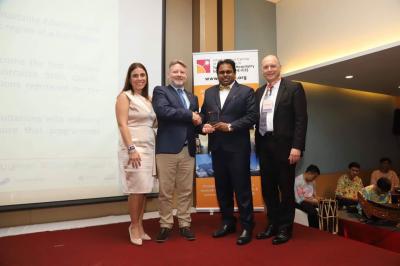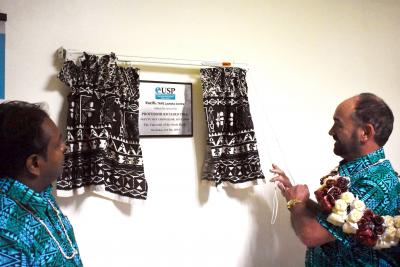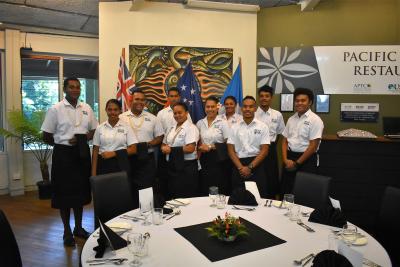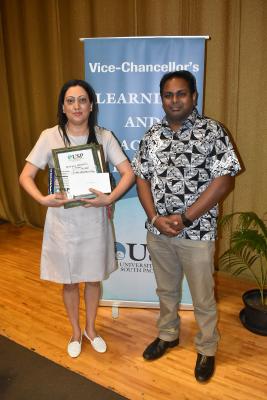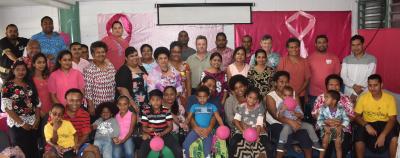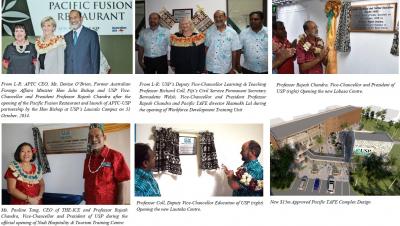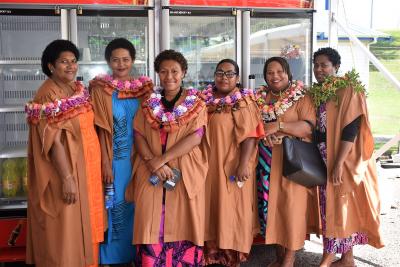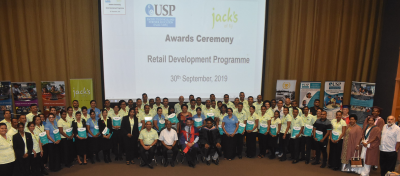The 12 countries that jointly own my university, are categorised mostly as least developed or are developing countries.
These countries are scattered across 33 m sq. km in the Pacific Ocean and we are serving the needs of over 2 million in total population. Thus it is not an easy place to operate successful entrepreneurial ventures, specifically through an academic institution.
From small scale of economies, geographical scattered-ness, respect for individual sovereignty, access and digital divide at large, and vastly diverse culture and thinking. I have successfully managed, led and prepared USP Pacific TAFE to be the largest academic section of the University which has impacted the lives of many students, helping them in finding pathways to higher studies, entrance into employment and career advancement for already working students. This was done purely on self-funding basis. Tuition has been the only source of income for capital investments, overhead payments to the University and to manage operations and improvements. No grants were given to my section from the Governments or the University.
Despite these, my leadership has enabled thousands of students to study sub degree (vocational and career oriented programs) which was established on venture initiative/ start up model on fee for service amongst other achievements. Thousands of students have since graduated and moved into employment/ career advancements, while we have continuously delivered surplus results above targets.
Consequently, I believe driving entrepreneurial leadership in a very difficult political, social and geographical context with unending challenges, makes my application, the most unique.




